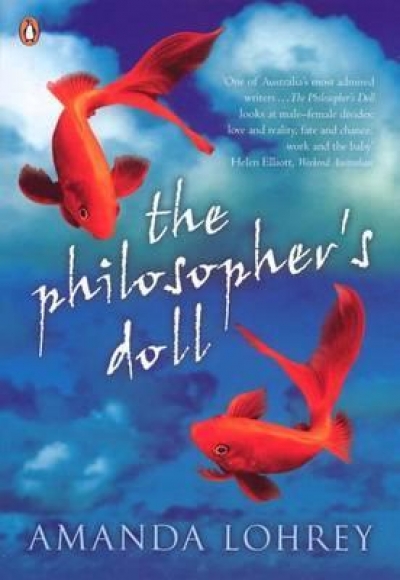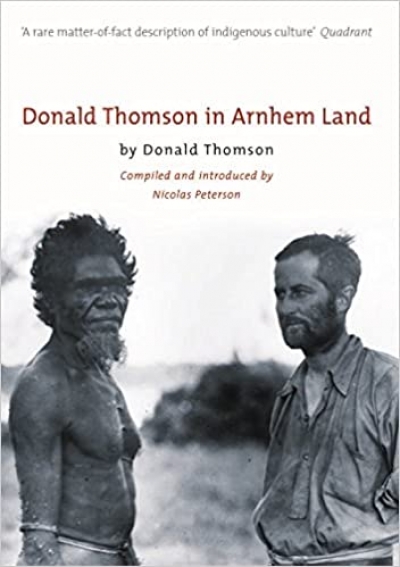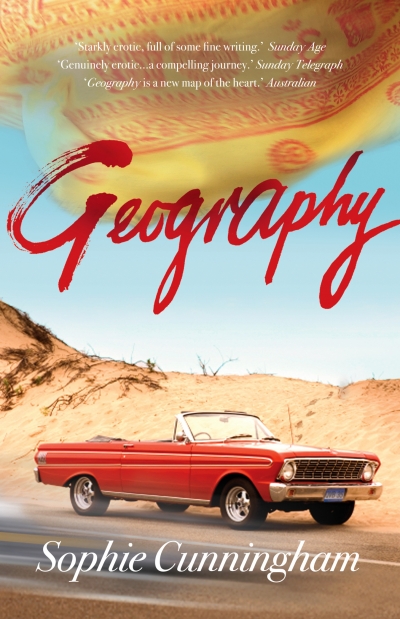Archive
As Eric Hobsbawn points out in his autobiography, Interesting Times: A Twentieth Century Life (2002), ‘the world needs historians more than ever, especially skeptical ones’. History, however, is not a popular subject in today’s schools. Three of these four books make attempts, variously successful, to engage young readers in a sense of the past. The other is a bizarre compilation of odd details, and could be considered an account of the history of certain sciences; it almost fits into the historical ambit.
... (read more)Donald Thomson in Arnhem Land by Donald Thomson, edited by Nicolas Peterson
by John Mulvaney •









